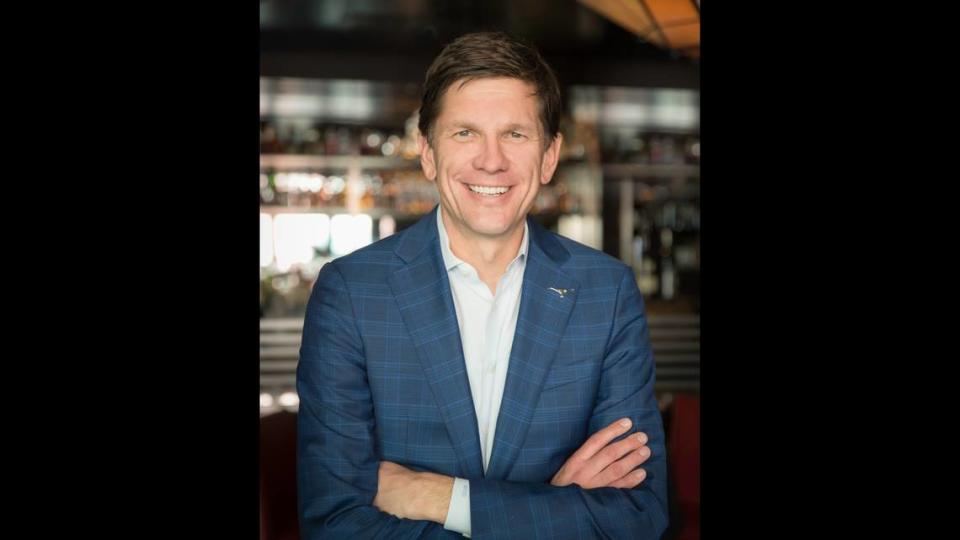‘Tax the rich’ is left’s Medicare fix. But it’s based on this false idea about wealth | Opinion
Medicare will run out of money in 2028. That is just 5 years away.
In response to this impending problem, President Joe Biden recommended to Congress that it should increase the medicare tax on high earners from 3.8% to 5% on every dollar earned. The income threshold for that increase would be $400,000 a year.
It was a classic example of a left-of-center politician proposing to tax the rich. The wealthy are so few in number, and most probably won’t vote for a Democrat, so why not?
In his ”Protect and Strengthen Medicare” remarks, Biden said: “Since Medicare was passed, income and wealth inequality in the United States have increased dramatically. By asking those with the highest incomes to contribute modestly more, we can keep the Medicare program strong for decades to come.”
According to the Census Bureau, the top earners on average bring home 16.7 times what the bottom 20% make. These government statements seem to reinforce the notion that the American income and wealth gap is bigger than it has ever been.
But some work by former Sen. Phil Gramm, a Texas Republican, has brought some clarity to the income gap discussion. In a series of articles, Gramm has attempted to show that America’s income inequality gap is a myth.
Gramm notes that when Sen. Bernie Sanders and other wealth-gap warriors quote salary differentials, they fail to consider taxes leveled on the rich, and income redistribution — in 2017, the federal government transferred $1.9 trillion from higher to lower earners via Medicaid, food assistance, and other programs, for example.
When taxation and redistribution are taken into account, the income difference between the top 20% and the bottom 20% is a factor of four, not 17. Reinforcing this data, the Cato Institute, a libertarian think tank, contends that the wage gap has been decreasing for 70 years.
A modest wage gap benefits us since it encourages those at the lower end of the spectrum to work, come up with new ideas, and take entrepreneurial risks. Without a wage gap, that work incentive goes away.
Consider that right now due to income redistribution, the bottom 20% of earners make roughly the same as the next highest 20% but they work far fewer hours. Why? They have no reason to work more if more work doesn’t equal more pay.
Most business owners will say that their greatest challenge is hiring people to keep up with growth. The pool of available people is smaller than the number of job openings. Lyndon Johnson’s War on Poverty meant well, but, as usual, government meddling in the free market created as many problems as it solved.
Some income redistribution makes sense; there are those among us who have no family to step in when they are unable to help themselves, for example. And we certainly need to shore up the Medicare fund. It makes me nervous, however, to hear elected officials beat the income inequality drum.
Visiting the United States in the early 1800s, the writer Alexis de Tocqueville made this comment: “The American Republic will endure until the day Congress discovers that it can bribe the public with the public’s money.”He was right, and he saw a flaw in our system. People will vote for whoever promises to help them financially. It is no wonder that conservatives have long worried that we are treading slowly toward socialism, a system in which everyone is poor.
Congress should create a Medicare fund fix, but it should consider Gramm’s excellent work before deciding how to pay for it.
Brian Byrd, a former City Council member, is a physician in Fort Worth.


 Yahoo Movies
Yahoo Movies 
